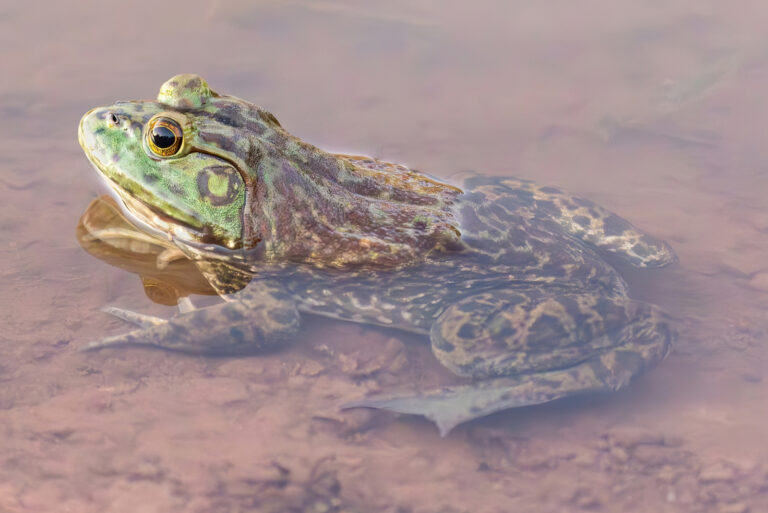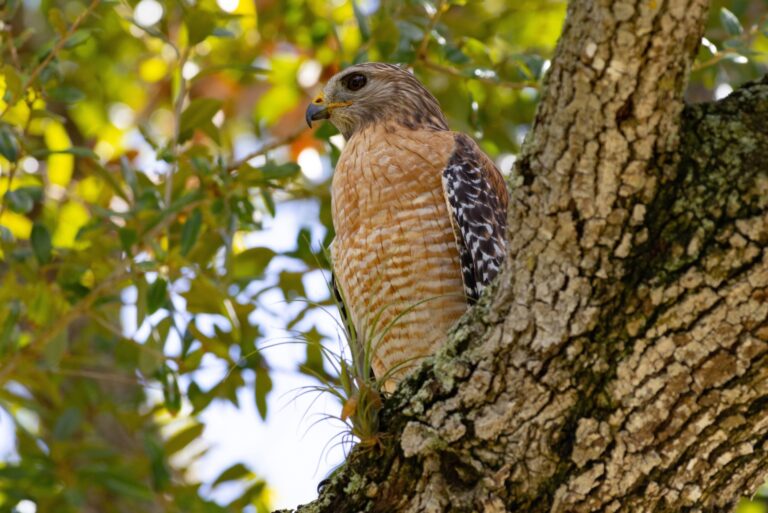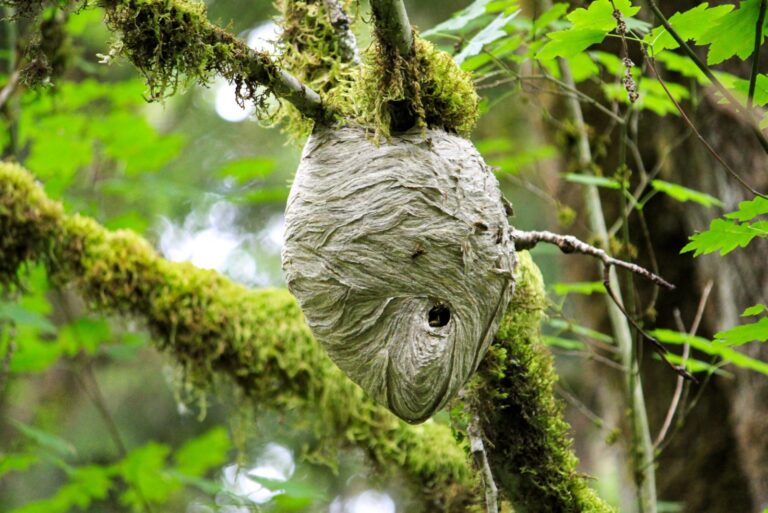7 Things To Understand Before You Try Removing Possums In Illinois
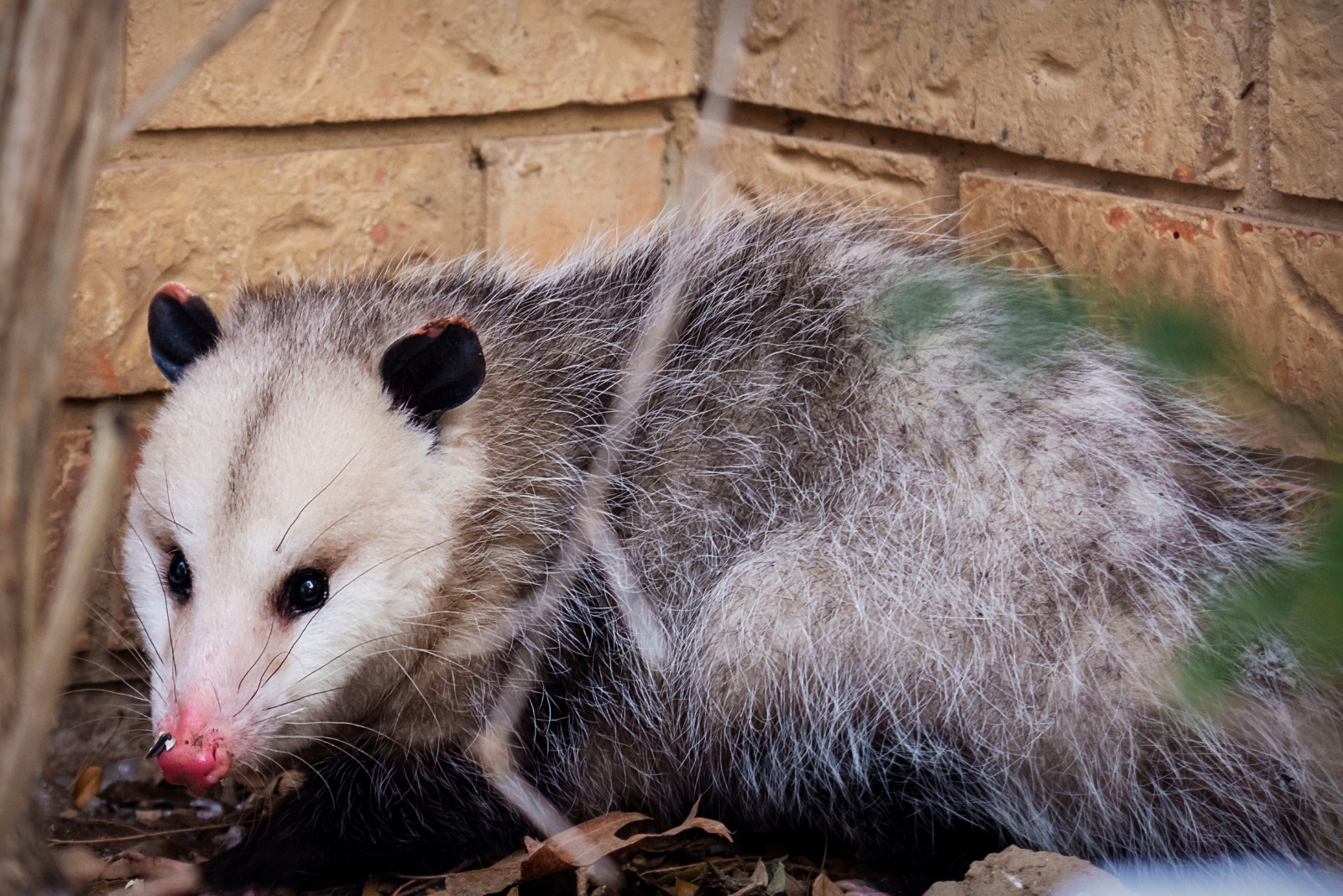
Illinois backyards get the occasional possum visitor, and dealing with one isn’t as straightforward as it seems. I’ve had a few pop up unexpectedly and learned quickly that there are rules involved.
They behave differently from what most people expect. Getting familiar with those details makes the whole situation easier to manage.
1. Illinois Law Protects Possums as Wildlife
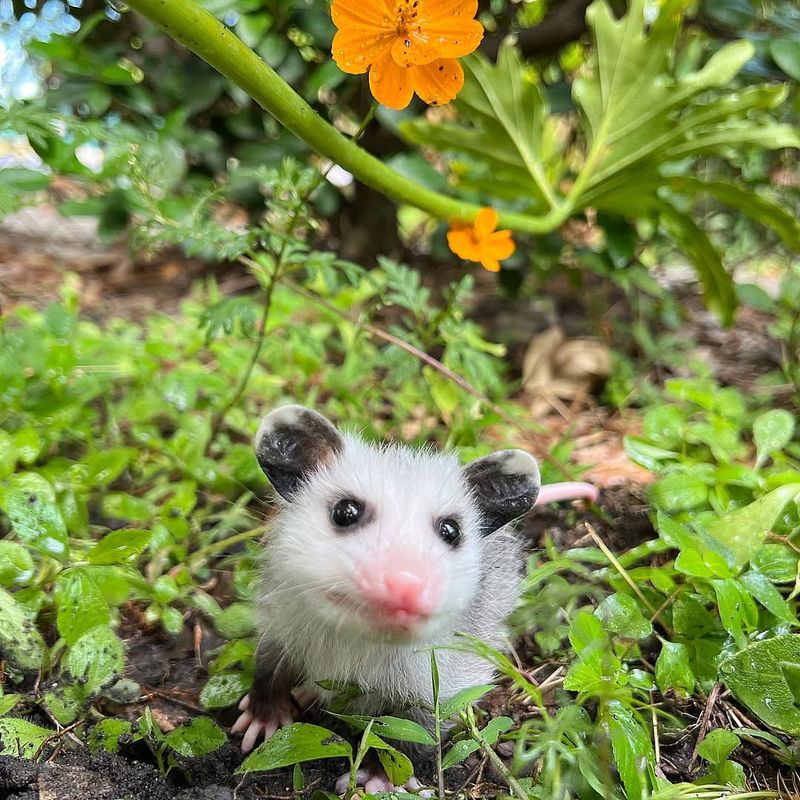
Wildlife regulations in Illinois are quite specific about how homeowners can handle possums. State law classifies possums as protected wildlife, which means you cannot simply trap and relocate them without proper permits.
Breaking these rules can result in hefty fines and legal trouble. Most Illinois residents don’t realize that even well-meaning actions might violate wildlife codes.
Contacting a licensed wildlife removal expert ensures you stay on the right side of the law while addressing your possum problem properly.
2. Possums Are Actually Helpful Neighbors
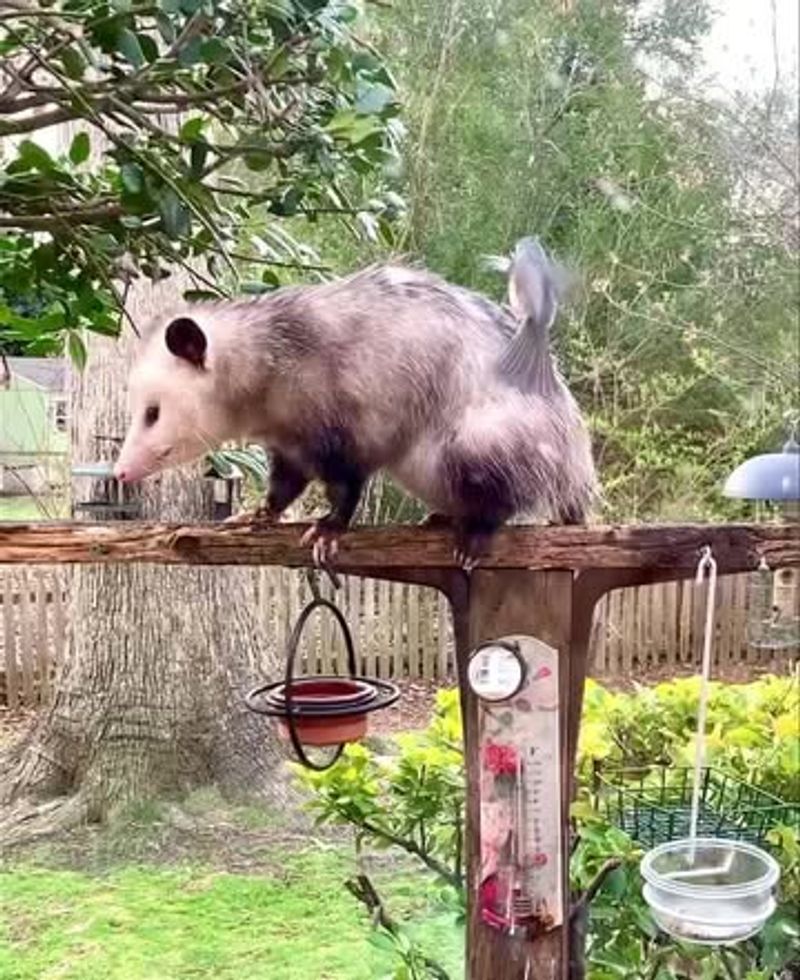
Did you know possums eat thousands of ticks each season? These nocturnal creatures provide natural pest control that benefits everyone in Illinois neighborhoods.
They munch on insects, snails, and even small rodents that might otherwise invade your garden or home. Possums also clean up fallen fruit and garbage, acting like nature’s cleanup crew.
Before deciding to remove one, consider whether having this helpful animal around might actually solve other pest problems you’re facing.
3. Possums Rarely Carry Rabies
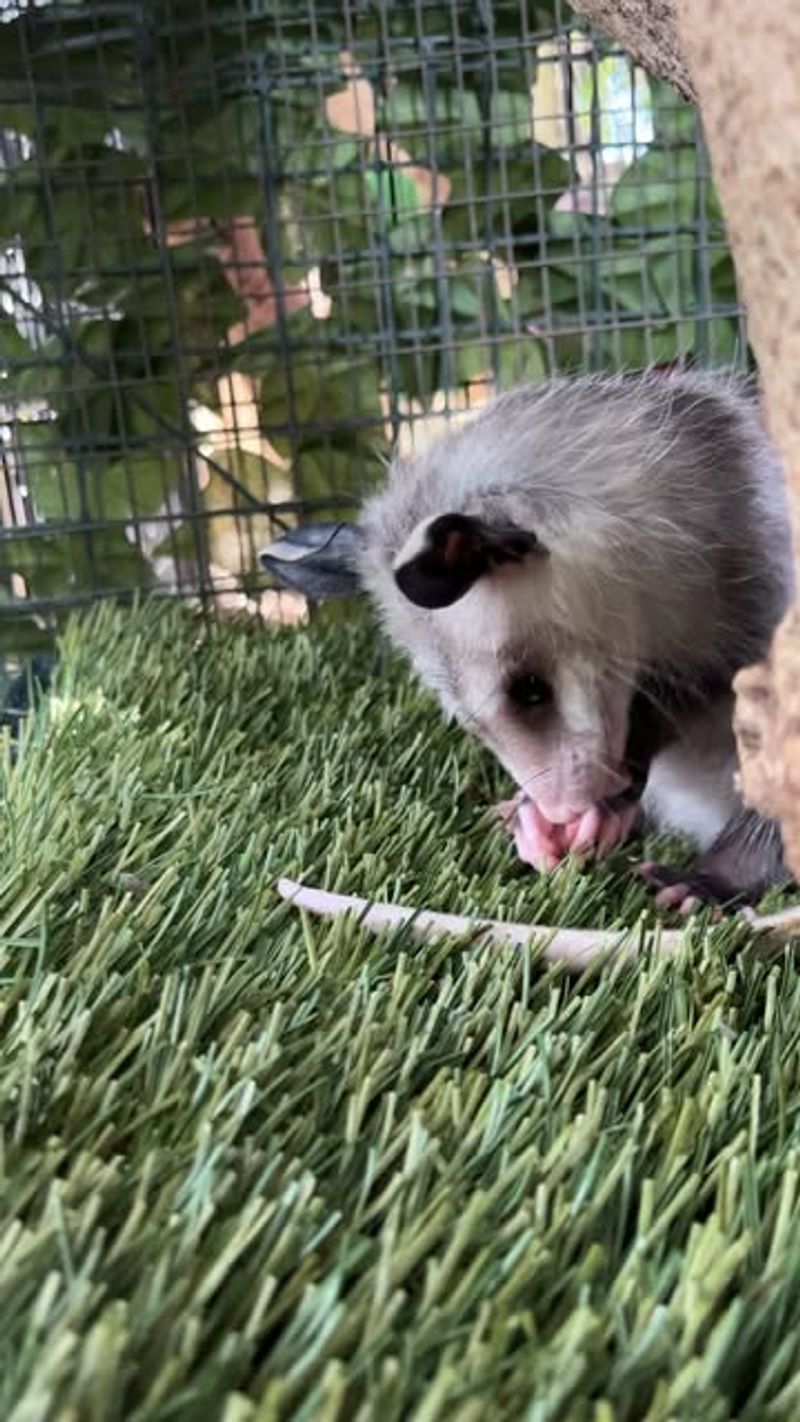
Many people fear possums because they assume these animals spread rabies, but science tells a different story. Possums have lower body temperatures than most mammals, making it extremely difficult for the rabies virus to survive in their systems.
Illinois health departments confirm that possum rabies cases are incredibly rare. While they may hiss and show their teeth when frightened, this defensive behavior is mostly bluff.
Understanding this fact helps reduce unnecessary fear and panic.
4. Relocation Often Harms Possums
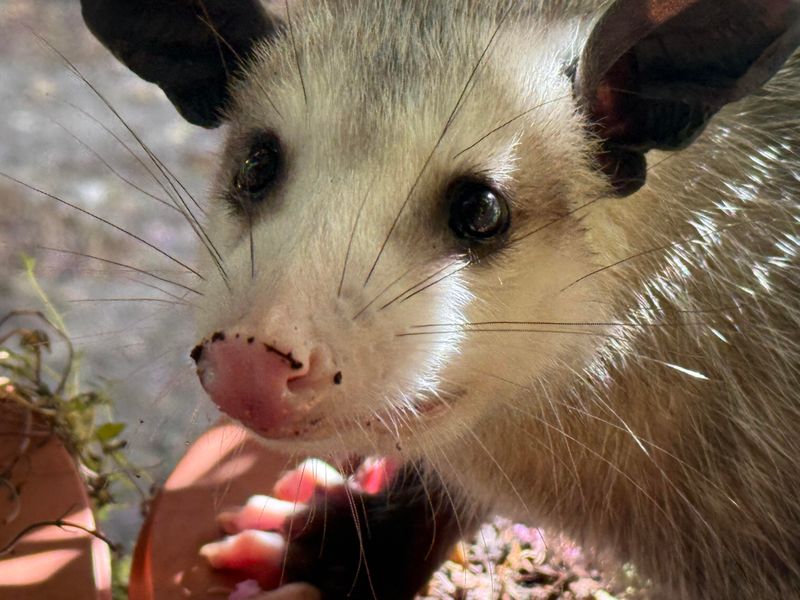
Trapping a possum and moving it somewhere else might seem humane, but it often causes serious problems for the animal. Possums relocated away from their territory struggle to find food, water, and safe shelter in Illinois’s changing seasons.
They may wander into dangerous areas or face aggression from possums already living there. Many relocated animals don’t survive more than a few weeks in unfamiliar environments.
Exclusion methods that encourage possums to leave naturally work much better.
5. Simple Prevention Stops Possum Problems
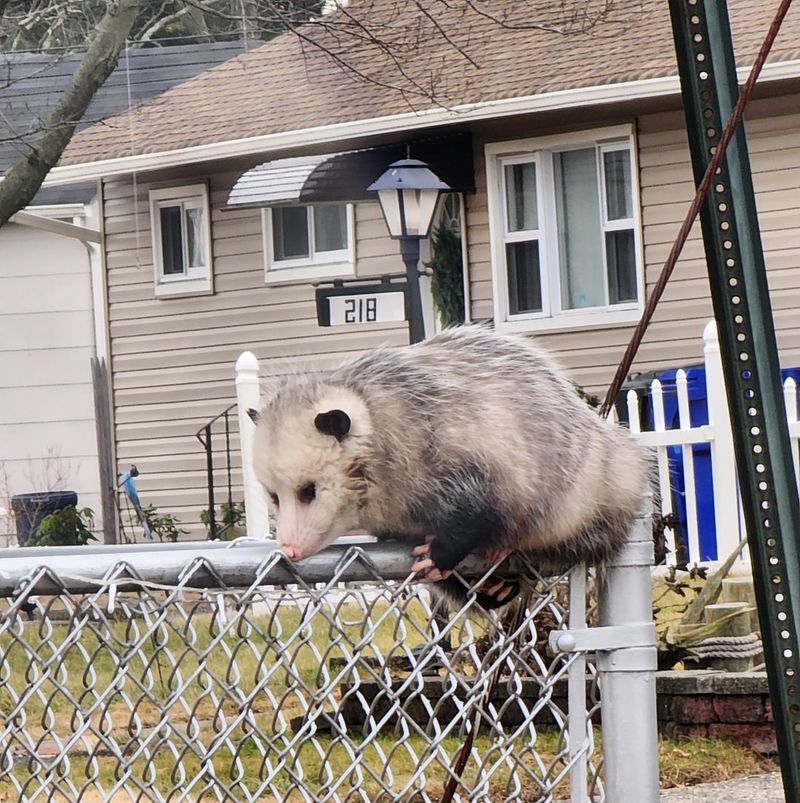
Most possum visits happen because your property offers easy access to food and shelter. Securing trash cans with tight lids removes a major attraction for hungry possums exploring Illinois neighborhoods.
Sealing holes under decks, sheds, and foundations prevents them from setting up dens on your property. Removing fallen fruit and pet food from yards also discourages visits.
Taking these simple preventive steps often solves the problem without any removal needed at all.
6. Professional Removal Is Often Required
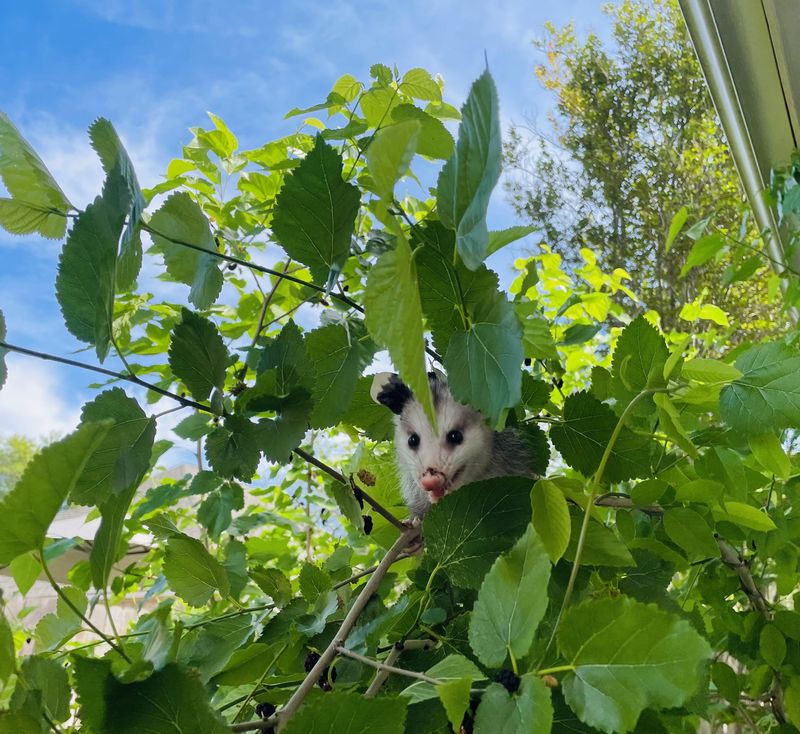
Attempting DIY possum removal can backfire in multiple ways for Illinois homeowners. Without proper training, you might accidentally injure the animal, get bitten, or violate state regulations.
Licensed professionals understand possum behavior and know humane, legal methods to resolve conflicts. They can also identify what attracted the possum and recommend permanent solutions.
While hiring an expert costs money upfront, it saves you from potential fines, injuries, and recurring problems down the road.
7. Possums Usually Leave on Their Own
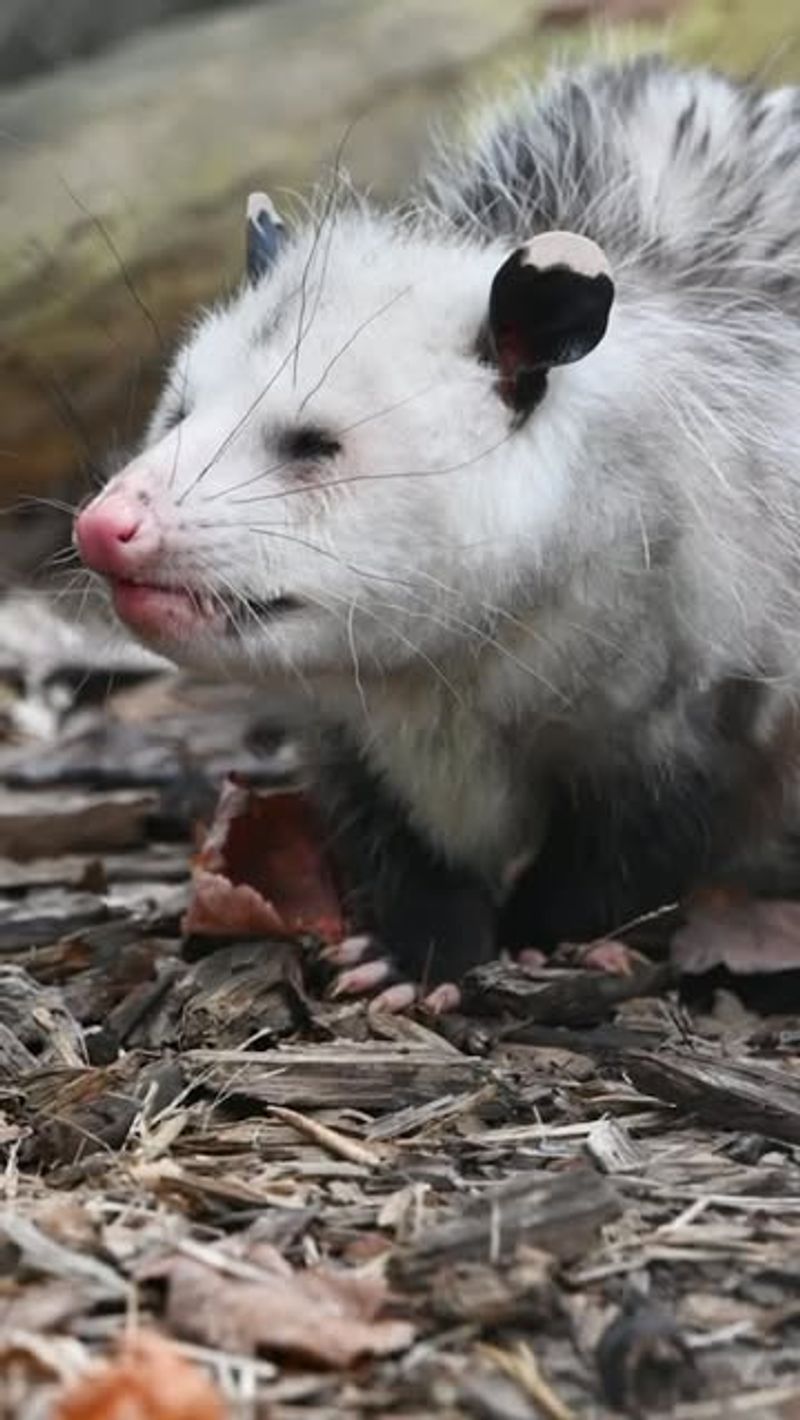
Patience often proves to be the best strategy when dealing with possums in Illinois. These nomadic animals typically stay in one area for only a few days before moving along naturally.
Unless a possum has found an exceptional food source or den site, it will likely disappear without any intervention from you. Making your property less attractive speeds up their departure.
Sometimes the smartest action is simply waiting a few nights and letting nature take its course peacefully.


